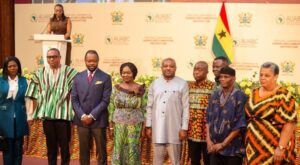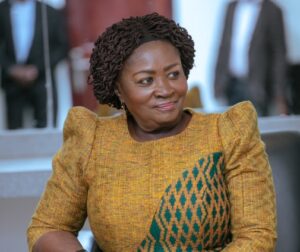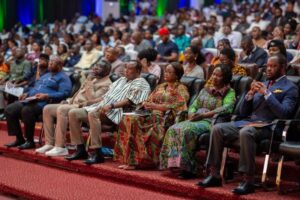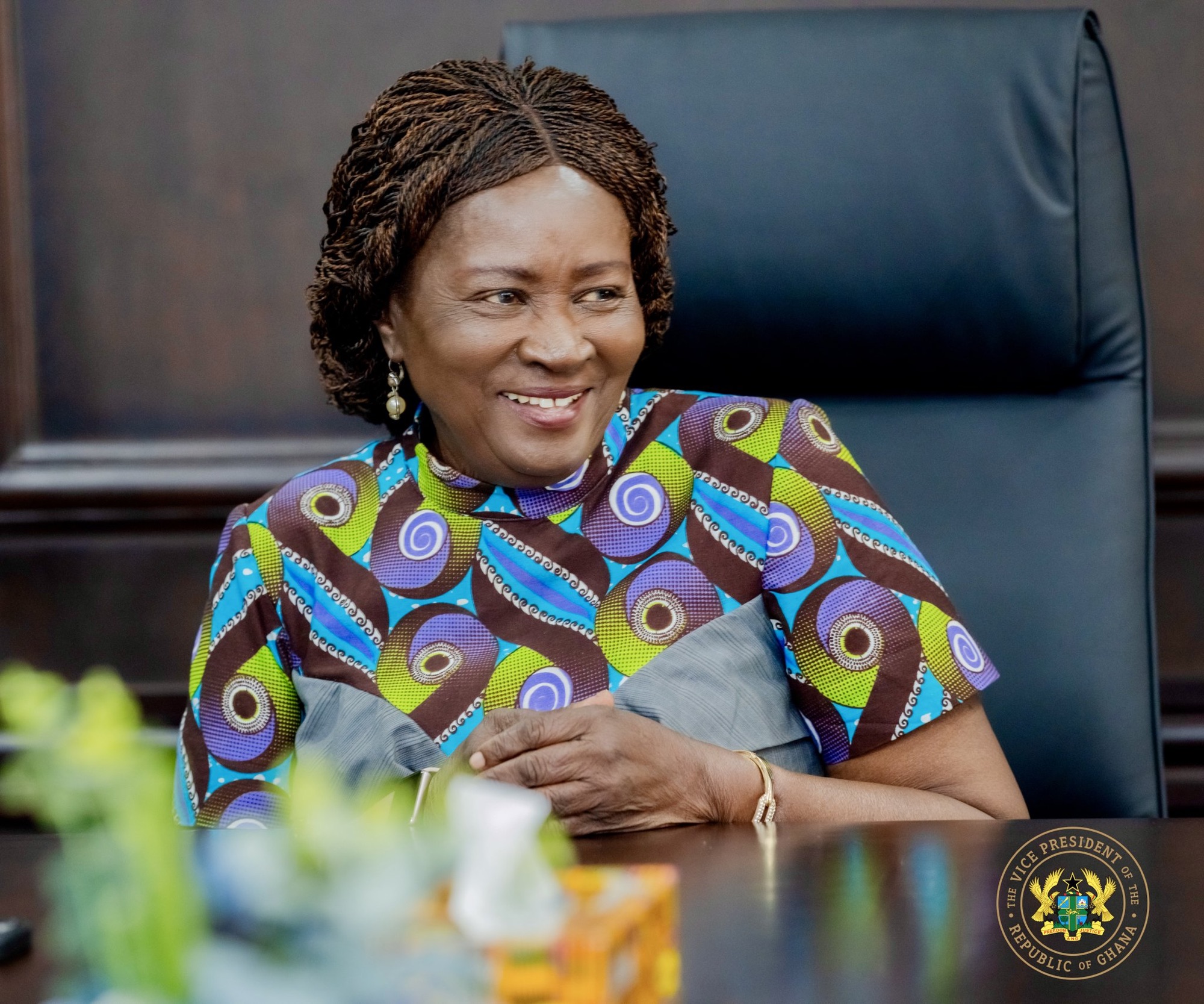Vice President Professor Naana Jane Opoku-Agyemang has delivered a stirring call to action at the National Anti-Corruption Conference, unveiling a groundbreaking initiative dubbed “Operation Recover All Loot” (ORAL). The campaign seeks to retrieve stolen public resources and reinforce Ghana’s commitment to integrity, accountability, and good governance.
Addressing stakeholders from civil society, government, and the international community, Prof. Opoku-Agyemang stated unequivocally:
“Operation Recover All Loot (ORAL) is an effort to send a clear message that corruption will not be tolerated going forward.”
The Vice President outlined a comprehensive anti-corruption strategy anchored in institutional reform, transparency, and legal innovation. Central to her proposals is the adoption of Unexplained Wealth Orders (UWOs) and a constitutional amendment to introduce the principle of reverse burden of proof—requiring public officials to justify the sources of their wealth.

“We must legislate and universalize unexplained wealth orders while anchoring the principle of reverse burden of proof in our Constitution,” she said.
She also called for a total overhaul of the current asset declaration regime, describing it as “inadequate and perfunctory.”
“Our asset declaration system requires immediate strengthening, moving beyond mere submission.”
Acknowledging that corruption in Ghana has grown “in scale and complexity,” Prof. Opoku-Agyemang emphasized the need to modernize institutions and systems.

“Corruption continues to evolve, demanding that we revitalize our institutions, systems, and collaborative frameworks with renewed urgency.”
She praised the role of civil society, investigative journalism, and citizen advocacy, emphasizing that the government views them as partners in promoting transparency and accountability.
“Ghana’s commitment to this inclusive approach is evident in our support for investigative journalism, civil society advocacy, and platforms for citizen engagement.”

Prof. Opoku-Agyemang reaffirmed the Mahama administration’s commitment to fighting corruption, noting that President John Dramani Mahama had shown “clear political will” by supporting institutional reforms and transparency initiatives.
She also highlighted political financing as a major loophole in the anti-corruption framework.
“The financing of political parties and national elections must be regulated through comprehensive legislation,” she urged.

She was emphatic that no strategy can succeed without citizen engagement.
“No anti-corruption architecture can succeed without active citizen involvement. Ghana’s economic recovery and long-term prosperity depend on our ability to demonstrate that we are reliable stewards of public resources.”
In closing, the Vice President struck an optimistic but firm tone:
“Ghana has the opportunity to reclaim its position as a continental leader in accountability reforms.”
The launch of Operation Recover All Loot (ORAL) is already being hailed as a bold step in Ghana’s governance journey. Whether it marks a turning point in the nation’s fight against corruption will depend on implementation, bipartisan support, and continued citizen vigilance.

